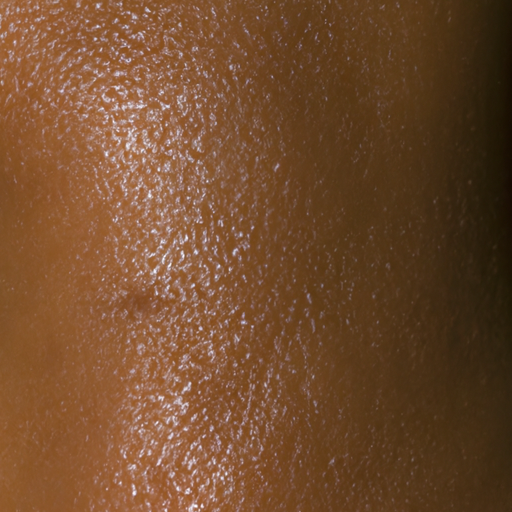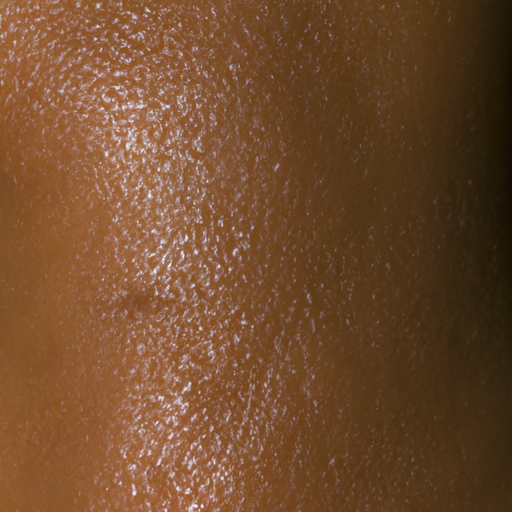As a medical professional, I often encounter patients who are distressed over their oily skin. This common condition, characterized by an overproduction of sebum from sebaceous glands, can lead to clogged pores, acne, and a shiny complexion. However, with the right strategies, it is possible to manage oily skin effectively. Here are six proven methods to combat oily skin and restore your skin’s natural balance.
1. Regular Cleansing: The first step in controlling oily skin is regular cleansing. It’s crucial to wash your face twice daily with a gentle, oil-free cleanser. Avoid harsh soaps or products that can strip your skin of its natural oils, as this can trigger your sebaceous glands to produce even more oil.
2. Use Oil-Free and Non-Comedogenic Products: When choosing skincare products, look for those labeled “oil-free” or “non-comedogenic,” which means they won’t clog your pores. This includes moisturizers, sunscreens, and makeup. Even though your skin is oily, it still needs hydration. Opt for a lightweight, water-based moisturizer to keep your skin hydrated without adding extra oil.
3. Exfoliation: Exfoliating once or twice a week can help remove dead skin cells that can clog pores and increase oil production. However, be cautious not to over-exfoliate as it can irritate the skin and stimulate oil production.
4. Blotting Papers: These thin, small papers are a great tool for quick oil control. They absorb excess oil from your skin surface without drying it out. You can use blotting papers throughout the day whenever you notice your skin becoming shiny.
5. Healthy Diet: What you eat can impact your skin’s health. Consuming a diet rich in processed foods and sugars can stimulate oil production. Instead, focus on a balanced diet filled with fruits, vegetables, lean proteins, and whole grains. Foods rich in omega-3 fatty acids, like fish and walnuts, can also help regulate oil production.
6. Medical Treatments: If your oily skin persists despite your best efforts, it may be time to seek medical help. Certain medications, such as oral contraceptives or isotretinoin, can help regulate sebum production. Additionally, procedures like chemical peels, laser treatments, or photodynamic therapy can help reduce oiliness and improve the overall appearance of your skin.
Remember, everyone’s skin is unique. What works for one person may not work for another. It may take some trial and error to find the right combination of treatments that work best for you.
While oily skin can be frustrating, it’s important to note that it also has its advantages. People with oily skin tend to have thicker skin and fewer wrinkles. With the right care and treatment, you can manage your oily skin and enjoy a healthy, radiant complexion.
In conclusion, managing oily skin is a balance between maintaining proper hygiene, choosing the right skincare products, adopting a healthy diet, and seeking professional help when necessary. With these strategies in place, you can effectively combat oily skin and banish the unwanted shine.




